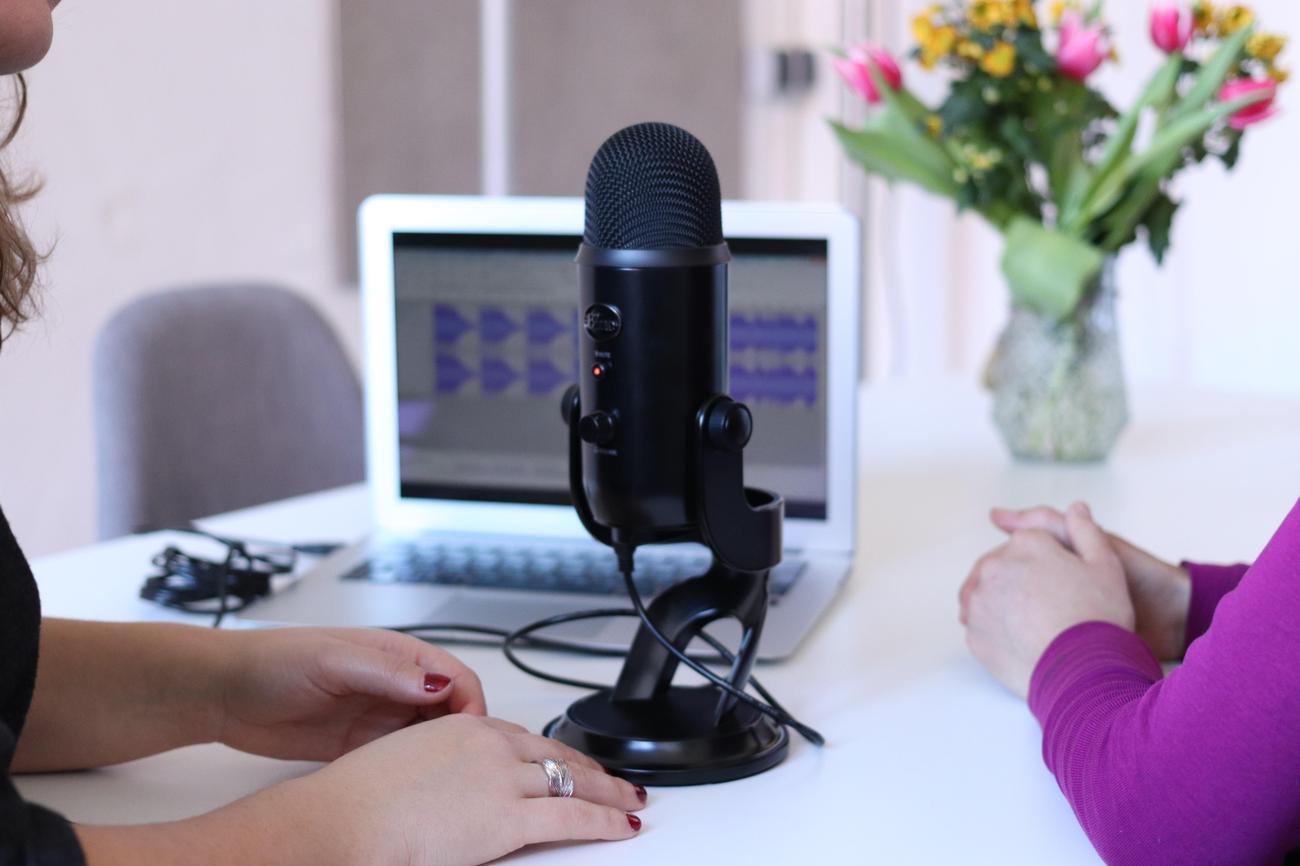Are you ready to unlock the secret to a powerful and captivating voice? Look no further, as we delve into the world of voice care techniques in this article. Whether you are an aspiring singer, a professional actor, or someone who relies on their voice for public speaking, we have got you covered. As a seasoned speech therapist and expert in vocal health, I have witnessed firsthand the incredible transformation that can happen when you prioritize and optimize your vocal health. Get ready to embark on a journey towards a healthier and more dynamic voice as we explore a range of expert tips and techniques. Your voice deserves the royal treatment, and this article is here to guide you every step of the way.

Voice Care Techniques
As a seasoned speech therapist specializing in vocal health and rehabilitation, I have worked with individuals from diverse backgrounds, including professional singers, actors, and public speakers. Throughout my years of experience, I have developed a deep understanding of the anatomy and mechanics of the vocal apparatus, and I am passionate about preserving and enhancing vocal abilities. In this article, I will share valuable insights and practical tips on how to maintain a healthy and vibrant voice using effective voice care techniques.
Stay Hydrated for Optimal Vocal Health
The first and most important voice care technique is to stay hydrated. Proper hydration ensures that your vocal folds are lubricated, allowing them to vibrate easily and produce clear and strong sounds. Drinking 6-8 glasses of water daily is recommended for ideal vocal health.
“Remember, staying hydrated is crucial for maintaining optimal vocal health. Drink at least 6-8 glasses of water every day to keep your vocal folds in top shape.”
Warm Up Your Voice Before Extensive Use
Before engaging in extensive vocal activities, it is essential to warm up your voice. Just like athletes warm up their muscles before physical exercise, vocal warm-ups prepare the vocal folds for the demands of speaking or singing. Simple exercises such as humming, lip trills, and gentle sirening can help to loosen up the vocal apparatus and improve vocal flexibility.
“Never skip your vocal warm-ups! They are your vocal muscles’ best friend and will help you achieve optimal performance.”
Take “Vocal Naps” to Rest Your Voice
Just like the rest of your body, your voice needs rest too. Taking “vocal naps” throughout the day can provide much-needed relief for your vocal cords, preventing overuse and strain. These naps can be as simple as moments of silence or engaging in activities that do not require extensive voice use.
“Don’t forget to give your voice some well-deserved rest. Taking short breaks throughout the day can help prevent vocal fatigue and maintain vocal health.”
Use Natural Throat Products for Vocal Care
When it comes to caring for your voice, natural throat products can be your allies. These products, such as herbal lozenges and throat sprays, can soothe and hydrate the throat, providing relief from dryness and irritation. Look for products that are free from artificial flavors, colors, and excessive sugars.
“Integrate natural throat products into your vocal care routine. They provide soothing relief and can help maintain the health of your vocal folds.”
Maintain Moisture with a Humidifier
Dry air can be harsh on your voice, leading to dryness and irritation of the vocal folds. Using a humidifier in your environment can help maintain moisture in the air, preventing vocal dryness. Especially during the winter months or in arid climates, a humidifier can be a valuable addition to your vocal care routine.
“Invest in a humidifier to create a vocal-friendly environment. It helps keep your vocal folds moisturized, protecting them from the drying effects of the air.”
Address the Possibility of Acid Reflux
Acid reflux can have detrimental effects on your voice. The stomach acid can travel up the esophagus and reach the voice box, causing inflammation and damage to the vocal folds. If you experience chronic heartburn or other symptoms of acid reflux, it is vital to address this issue with a healthcare professional to prevent further vocal health problems.
“Be mindful of acid reflux and its impact on your voice. Consult with a healthcare professional if you suspect acid reflux may be affecting your vocal health.”
Recognize Signs of Voice Problems
Hoarseness or a raspy voice can be warning signs of a voice problem. It is essential to pay attention to these changes in vocal quality, as they can indicate potential issues with your vocal cords. Consult with a speech therapist or otolaryngologist if you experience prolonged hoarseness or any concerning vocal changes.
“Listen to your voice! If you notice any changes in your vocal quality, seek professional advice. Early detection and intervention can prevent future vocal problems.”
Be Mindful of Factors That Can Affect Your Voice
Certain factors can negatively impact your voice. Upper respiratory infections, gastroesophageal reflux, smoking, excessive alcohol consumption, and caffeine intake can all harm your vocal health. Being aware of these detrimental factors and taking steps to minimize their impact can go a long way in preserving and enhancing your vocal abilities.
“Your voice reflects your lifestyle choices. Avoid smoking, excessive alcohol and caffeine consumption, and be mindful to protect your voice from upper respiratory infections and acid reflux.”
Conclusion
In conclusion, maintaining a healthy and vibrant voice requires diligent care and mindful practices. By following these voice care techniques, you can optimize your vocal health and longevity. Stay hydrated, warm up your voice, rest when needed, and utilize natural throat products. Address possible acid reflux and recognize signs of voice problems. Remember, taking care of your voice is a lifelong commitment, and by implementing these techniques, you can preserve your vocal abilities for years to come.
Please note that this article is not a substitute for professional advice. If you have any concerns about your voice or vocal health, it is important to consult with a qualified speech therapist or otolaryngologist.
Sing your heart out with these 15 fascinating facts about singing! From the scientifically proven benefits of belting out a tune to surprising insights into the history of vocal performance, this collection of knowledge about the art of singing will leave you humming with excitement. Explore the link below to dive into the world of harmonious melodies and vocal wonder.
Around The World in 15 Facts About Singing
FAQ
Question 1:
What are some key techniques for maintaining vocal health?
Answer 1:
Some key techniques for maintaining vocal health include staying hydrated to keep the vocal folds lubricated, warming up your voice before extensive use, taking “vocal naps” to rest your voice periodically, using natural throat products to care for your voice, and using a humidifier to maintain moisture in the air.
Question 2:
How much water should I drink daily for ideal vocal health?
Answer 2:
To maintain ideal vocal health, it is recommended to drink 6-8 glasses of water daily. Staying hydrated helps keep the vocal folds moisturized and promotes overall vocal health.
Question 3:
What can I do to prevent voice problems?
Answer 3:
To prevent voice problems, it is important to be mindful of your vocal habits and practice good vocal hygiene. This includes avoiding yelling, screaming, and straining your voice, knowing your vocal limits and avoiding intense vocal activities, and balancing the intake of caffeinated beverages or alcohol.
Question 4:
What are some common causes of voice problems?
Answer 4:
Some common causes of voice problems include upper respiratory infections, gastroesophageal reflux, acid reflux, and diseases or stresses that can harm the voice. Hoarseness or a raspy voice can also indicate a voice problem and should be addressed.
Question 5:
How can I optimize voice production strategies?
Answer 5:
To optimize voice production strategies, it is recommended to use an easy onset of voicing. This means starting speech or singing with gentle and relaxed airflow, avoiding excessive tension in the vocal muscles. Additionally, proper vocal cord care and good vocal hygiene can help preserve voice clarity and power.
















